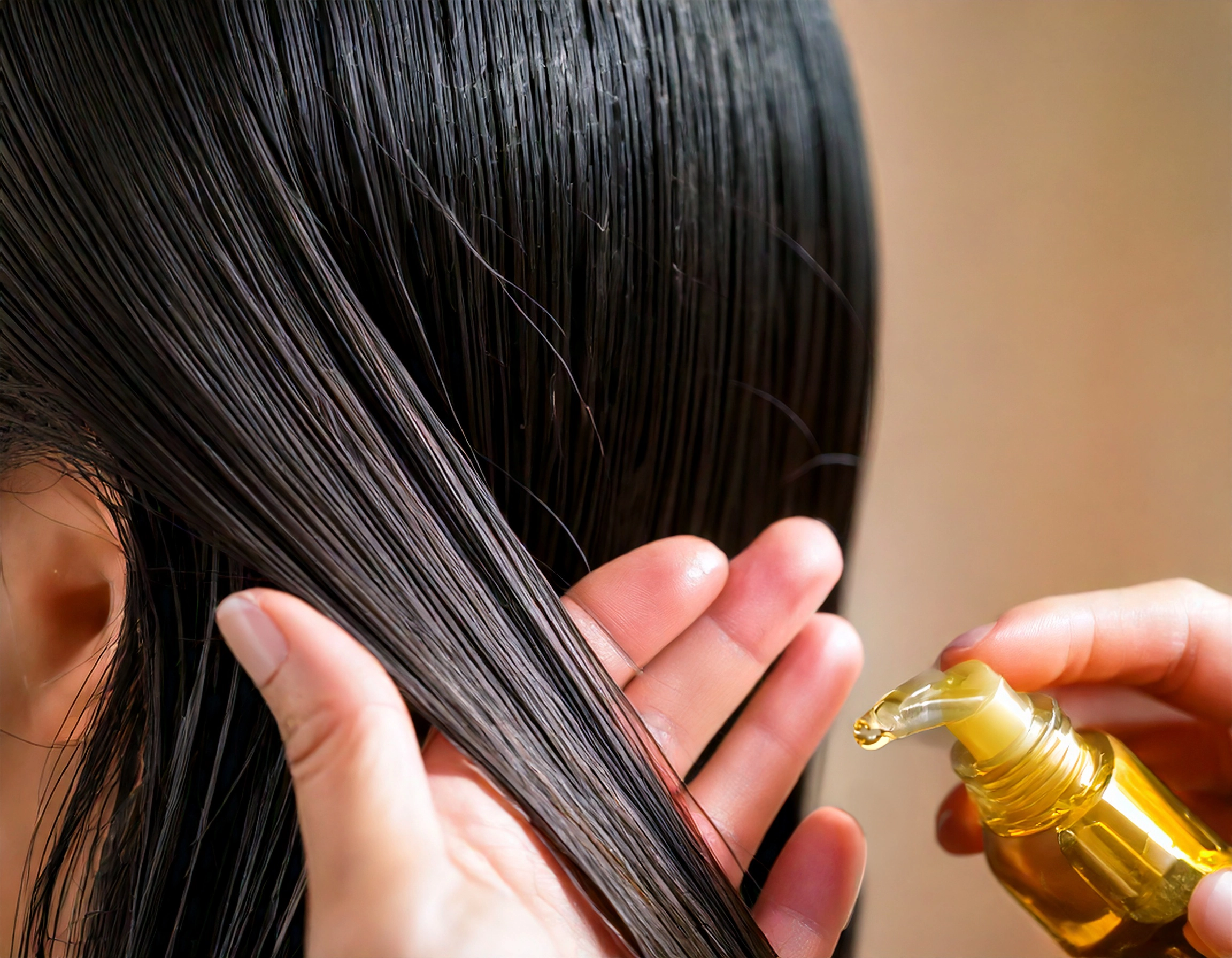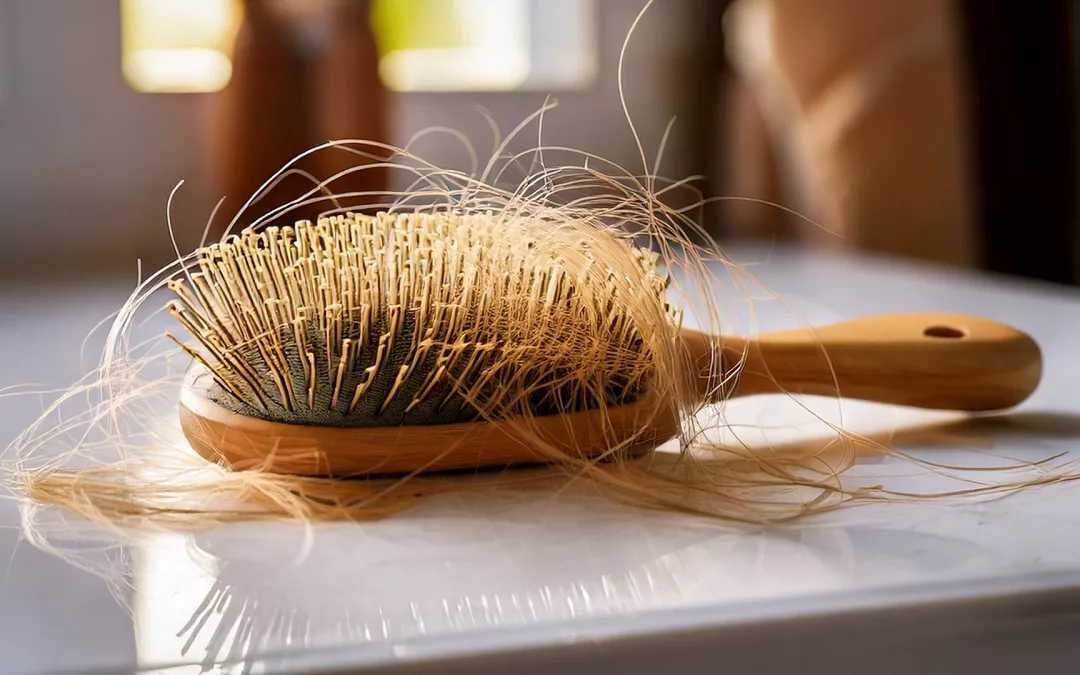In today’s fast-paced world, stress has become an unwelcome but frequent visitor in our lives. For many women in the Gulf region, the demands of modern living—balancing work, family, and social commitments—can take a toll on overall well-being, including the health of your hair. Stress is not only an emotional or physical burden; it can also lead to significant hair fall. Understanding the connection between stress and hair loss, and adopting effective strategies to protect your hair, is essential for maintaining your natural beauty and confidence.
Understanding the Connection Between Stress and Hair Fall
When your body experiences stress, it triggers a complex cascade of hormonal responses. One common consequence is telogen effluvium, a condition where a higher-than-normal number of hair follicles enter the resting phase. This shift disrupts the natural hair growth cycle, resulting in noticeable hair shedding. The impact can be alarming, but the good news is that stress-induced hair loss is often temporary, and with the right care, your hair can recover.
Recognizing the Signs
Increased Shedding – Noticing more hairs on your pillow, in the shower, or on your brush
Thinning Hair – Overall hair density may appear reduced, especially along the hairline and crown
Scalp Sensitivity – A stressed scalp can sometimes feel more sensitive or tender to the touch
Practical Tips to Protect Your Hair
Embrace a Balanced Diet and Hydration
Your hair needs proper nutrients to remain strong and resilient. Incorporate a balanced diet rich in vitamins, minerals, and proteins. Foods such as leafy greens, nuts, fish, and whole grains support healthy hair growth. Staying well-hydrated is equally important, as water helps maintain scalp health and aids in nutrient absorption.
Prioritize Stress Management Techniques
Reducing stress can have a profound effect on minimizing hair fall. Consider integrating the following practices into your daily routine:
Mindfulness and Meditation: Even a few minutes of daily meditation can help lower stress levels.
Physical Activity: Regular exercise, whether it’s yoga, walking, or a more vigorous workout, can improve overall circulation and reduce stress hormones.
Adequate Sleep: Aim for 7-8 hours of quality sleep each night to allow your body, including your hair follicles, to rejuvenate.

Develop a Gentle Hair Care Routine
Adopting a nurturing hair care routine is crucial during stressful periods:
Use Mild, Sulfate-Free Shampoos: These shampoos cleanse without stripping natural oils, keeping your scalp and hair nourished.
Deep Conditioning Treatments: Regular deep conditioning sessions can help restore moisture and strengthen hair, reducing the risk of breakage.
Avoid Over-Styling: Give your hair a break from heat styling tools and tight hairstyles that can stress your strands further.
Consider Professional Advice
If you notice significant hair fall, consulting with us can be beneficial. We can help evaluate your condition, recommend effective treatments, and suggest protective hair extension options that minimize stress on your natural hair while enhancing its fullness and overall health.
Traditional Remedies and Modern Techniques
In the Gulf, many women have long relied on traditional remedies to enhance hair health. These natural treatments, combined with modern techniques, offer a holistic approach to managing stress-induced hair fall:
Olive Oil Treatments: Rich in antioxidants and vitamins, olive oil is a time-honored remedy that nourishes the scalp and strengthens hair.
Argan Oil: Known as “liquid gold,” argan oil helps restore moisture and improve elasticity, making it an excellent choice for preventing breakage.

Henna Conditioning: Beyond its natural coloring benefits, henna can condition hair and add a subtle shine, reinforcing hair strength and resilience.
Integrating these natural treatments into your routine not only supports hair health but also connects you with a rich cultural heritage that celebrates natural beauty and self-care.
Conclusion
Stress is an inevitable part of life, but its effects on your hair do not have to be permanent. By understanding the science behind stress-induced hair loss and adopting a proactive approach that combines balanced nutrition, effective stress management, and gentle hair care practices, you can protect your hair and promote its natural recovery. Whether you choose to embrace modern techniques or integrate traditional remedies, the key is to make self-care a priority. In doing so, you honor both your well-being and the timeless beauty traditions of the Gulf, ensuring that your hair remains a vibrant reflection of your strength and resilience.

